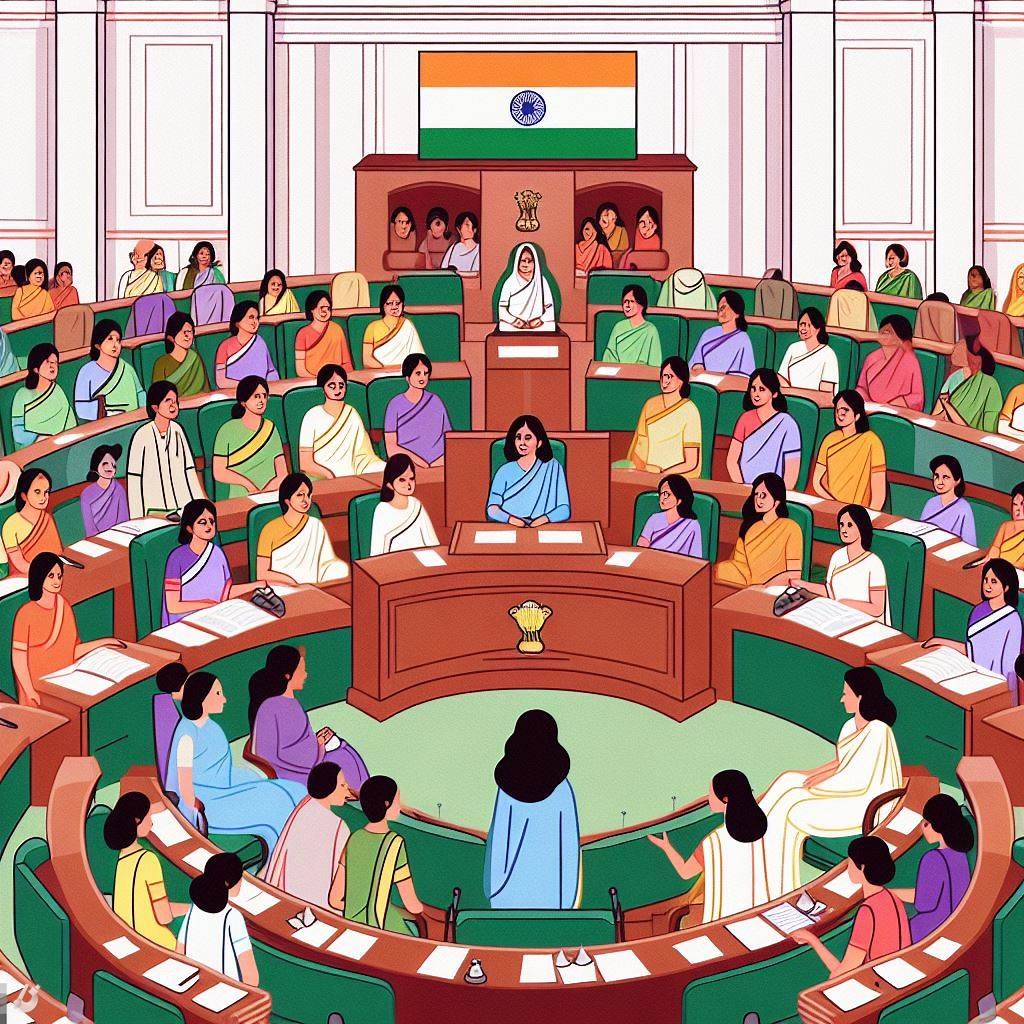
The Resilient Journey of Women in Politics
Following the early advocacy for women’s political rights during the Indian national movement, the issue of women’s reservation took a significant turn with the introduction of the National Perspective Plan for Women in 1988. This plan recommended reservations for women at all levels of governance, from Panchayat to Parliament.
The National Perspective Plan for Women
The National Perspective Plan for Women was a landmark initiative aimed at enhancing women’s representation in politics. It recommended reservations for women at all levels of governance, thereby acknowledging the need for women’s active participation in decision-making bodies.
The 73rd and 74th Amendments to the Constitution
As a consequence of the recommendations made in the National Perspective Plan, the 73rd and 74th amendments to the Constitution were enacted. These amendments mandated one-third of seats for women in Panchayati Raj institutions and one-third of chairperson offices at various levels. This was a significant step towards ensuring women’s representation in local governance.
Additional Reservation for SC and ST Women
In addition to the general reservation, these amendments also provided additional reservation for Scheduled Caste (SC) and Scheduled Tribe (ST) women in these seats. This provision ensured that women from marginalised communities also had fair representation in governance.
The National Perspective Plan of 1988 and the subsequent constitutional amendments marked a significant milestone in the journey towards achieving gender equality in Indian politics. They not only recognized the need for women’s representation but also took concrete steps to ensure it. Today, these measures continue to play a crucial role in promoting women’s active participation in governance, thereby carrying forward the vision of leaders like Begum Shah Nawaz and Sarojini Naidu.
We strive to make a lasting impact on India’s policy and planning landscape through fair, unbiased, and incisive research based journalism.
But we can’t do it alone.
Together, we can create a better India, where policies are fair, planning is unbiased, and the truth prevails. Your contribution matters, and we shall be immensely grateful for your support.

